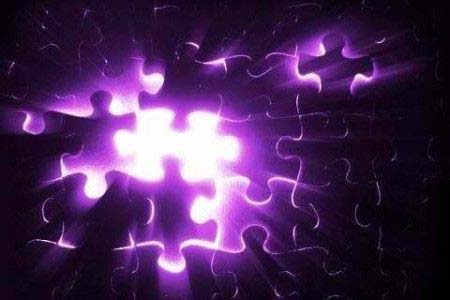Depth Psychotherapy for Depression: Five Key Truths

Often, people try /a-midlife-transition for depression when other possible solutions haven’t helped — or haven’t helped enough.

By /a-midlife-transition, I mean those forms of therapy that are really prepared to look at the depths of the psyche, the deepest parts of our being.
From a /a-midlife-transition point of view, there are a number of key facts about depression.
It is Serious; It Cannot be Ignorred
A depressive state is not some odd accident that has occurred to an individual. It is something that is originating in the depths of the person, and it is emerging for a reason. Addressing such a condition is going to take a deep level of commitment, in order to get to its source.
Depth Psychotherapy Goes Far Beyond “Happy Talk”
Jungians know that depression is rooted deeply enough within ourselves that mere attempts on the part of the conscious ego to “stay happy” or “keep positive” are not going to be enough. Something deep and fundamental must change within us, if we are to get free.
Depression Has to do with “the Other” Within Us
A depth approach to depressive states often involves encountering the Other, or, as Jungians say, the Shadow, in ourselves, that part of our ourselves that we might prefer not to acknowledge. Often, it is those unacknowledged parts of ourselves that wish to become alive, and to be incorporated, that carry the key to the healing that is needed in depression. Here’s Jungian Analyst Jame Hollis, at a recent event, on the Other:
Depression is Often About Seeking New Meaning
As Hollis says, it can often be that we encounter depressive states because something in us is searching for meaning. Often a “down state” is tied to the desire in the depths of us for renewed value and significance in our lives. To find what is personally meaningful to us is a deeply individual search that /a-midlife-transition takes very seriously.
Something New is Trying to Emerge within the Individual
When we are in the grips of a depressed state, there is something that is trying to emerge within us. This is a hopeful thought: that much of depression is connected with a striving on the part of something in our lives to emerge, and to be alive. A /a-midlife-transition approach to depression takes individual persons and their needs very seriously, and involves encountering new aspects of the self. What do you think about therapy? Wishing you new discovery of yourself on your journey toward wholeness, Brian Collinson, Psychotherapist & Jungian Analyst To Main Website for Brian’s Oakville and Mississauga Practice 1-905-337-3946
[cta]

jamenta
Sadly – a good deal of depression is summarily dealt with by a good number of doctors today with drugs.
The unconscious is not taken as seriously as chemicals in the brain are. I have seen and read this repeatedly.
Since we still live in the myth of materialism (even though quantum mechanics has empirically provided evidence of free-will and the direct dependence on the reality we experience with consciousness)- we are treated as mere automatons of the physical brain.
How that can lead to any long term health benefits – the dependency on drug therapy – and the refusal to acknowledge the reality and the impact of the unconscious – is IMO an often fatal mistake – and leads usually to even more meaninglessness in life. The soul is put to sleep – not wakened.
Brian C
Thank you for your comment, John. I agree that there is a widespread tendency in our culture today to see depression as a chemical issue, which can be remedied by ingesting the right chemical. While I don’t deny that drugs may have a role in enabling the individual to “get through” at times when the effects of the depression are so great that the individual would otherwise be immobilised, I do think that there is a real need for our culture to see depression as something that is rooted in the whole person, and to treat it that way. I agree with your comment that the soul is often put to sleep, when a person often has deep personality or “soul” issues that are crying out to be addressed. Certainly unconscious factors play an enormous role in very many peoples’ depression.
Kelly Thompson
No kidding. Anti depressants essentially create detachment from reality.